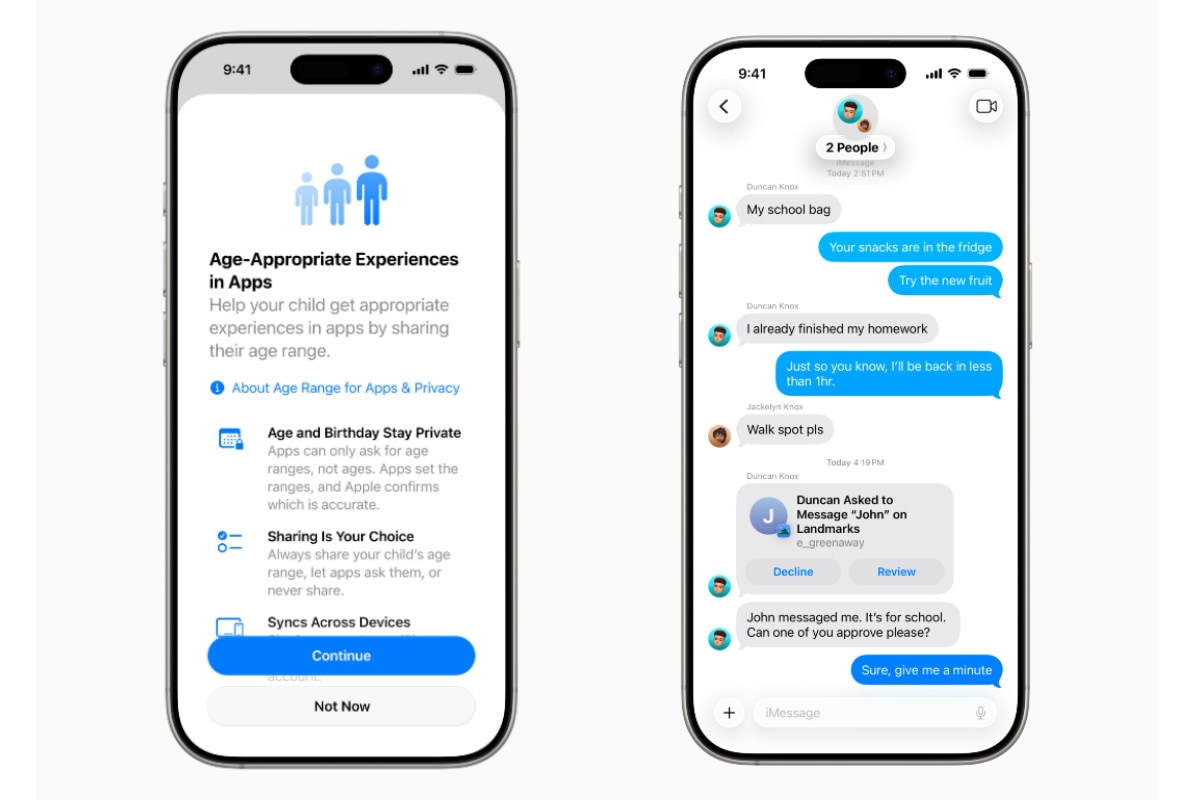Google released a new report on Thursday highlighting how it has been combating online scams across its different products using artificial intelligence (AI) technology. The report specifically focuses on how AI technology is being implemented in Search, Google Chrome, and Android. The Mountain View-based tech giant said that generative AI is enabling it to detect and stop even previously unheard-of scams. Notably, the company is using the on-device Gemini Nano AI model in the Chrome browser to deal with website-based scams.
New Ways Google Is Fighting Scams Using AI
In a blog post, the tech giant announced that it has published a new Fighting Scams in Search report. The report details how Google has improved its AI-powered scam detection systems and classifiers, and claims that the new system can spot 20x the number of potential scamming websites compared to before.
Website-based scams typically use fake or compromised websites to trick users into giving away money, personal information, or login credentials. While the way these scams are conducted can differ, their goal is generally to deceive users through imitation, urgency, or offers that seem too good to be true. Some examples of such scams include phishing sites, online shopping scams, investment and crypto scams, tech support scams, clone websites, and subscription traps.
In Search, Google says it has improved its classifiers that detect and classify scams using AI. With these improvements, the tech giant can now de-rank these scams before any users can see them. Highlighting an example, the post mentioned that Search detected an increase in scammers impersonating airline customer service providers. The company claimed that these scams have been reduced by more than 80 percent in Search.
Google Chrome has also improved the Enhanced Protection mode of Safe Browsing. The mode now supports Gemini Nano, the on-device large language model (LLM) on desktop, to add an extra layer of protection for users. The model can detect potential phishing sites and inform Google to take action on them. The company said Gemini Nano can even detect scams that have not been previously seen by distilling the complex nature of websites.
“Our goal is to expand this protection to Android devices and even more types of scams in the future,” Google said.
However, this does not mean the company has not added any new threat protection system on Android. Google Chrome on Android is getting a new feature to protect users from malicious website-based notifications. If the browser detects any notification from a website that can be a scam, it will instead show a warning labelled “Potential scam detected,” with an option to either unsubscribe or view the notification.
If users trust the website and believe the AI-powered feature made a mistake, they can view the content that was blocked. They can also choose to allow future notifications from the website.















